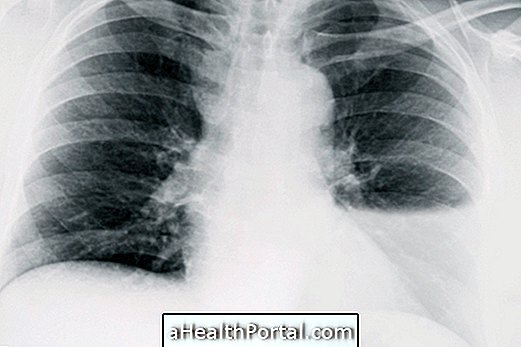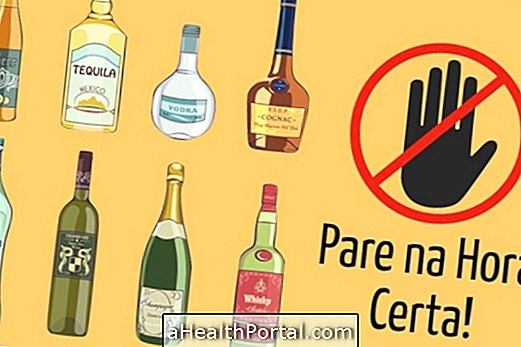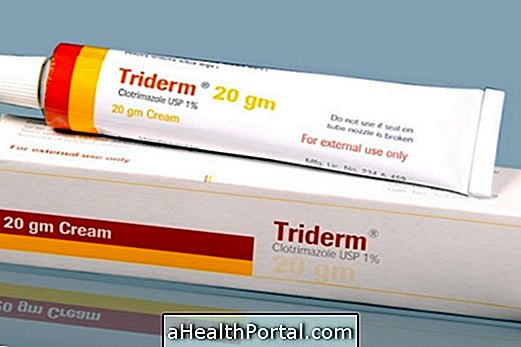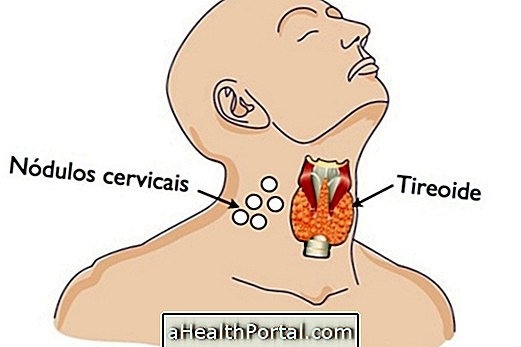To avoid contamination by heavy metals, which can lead to the emergence of serious diseases such as kidney failure or cancer, for example, it is important to reduce contact with all types of heavy metals hazardous to health.
However, arsenic, lead and mercury are the most used types in the composition of various objects of our day-to-day life, such as lamps, paints and even food. Therefore, they are the ones that can most easily lead to poisoning when used in excess.
In this way, it is important to know which objects contain in their composition large amounts of these metals to know what to change or eliminate from daily contact. See where you can find these metals in: Main symptoms of heavy metal contamination.
How to avoid arsenic contamination
To avoid arsenic contamination, it is important to:
- Remove preservative treated wood with CCA or ACZA or apply a layer of sealant or paint free of arsenic to reduce contact;
- Do not use fertilizers or herbicides with monosodium methanearsonate (MSMA), calcium methanearsonate or cacodylic acid;
- Avoid intake of arsenic medications, questioning the doctor about the composition of the medicine you are using;
- Keep well water disinfected and tested by the Company for water and sewage - CDAE.
Thus, it is important to be aware of the composition of all products before buying because arsenic is present in the composition of various materials used in the home, mainly chemicals and materials treated with preservatives.
How to avoid lead contamination
Lead is a metal that is present in many objects used on a daily basis and it is therefore recommended to check the composition of the objects before buying, especially those that are made of PVC.
In addition, lead was also a heavy metal often used in the creation of wall paints and therefore homes built before 1980 may contain high amounts of mercury in their walls. That way it is advisable to remove this type of paint and paint the house with new paints free of heavy metals.
Another very important tip to avoid lead contamination is to avoid using tap water immediately after turning on the tap and let the water cool to its coolest point before drinking or using the water for cooking.
How to avoid mercury contamination
Some ways to avoid unnecessary exposure to mercury include:
- Avoid eating fish with a lot of mercury, such as mackerel, swordfish or marlin, for example, giving preference to salmon, sardines or anchovies;
- Do not have mercury-containing objects in your home, such as paint, used batteries, used bulbs, or mercury thermometers;
- Avoid breaking objects with liquid mercury, such as fluorescent bulbs or thermometers;
In addition, in cases of cavities and other dental treatments, it is also advised not to use dental fillings of mercury, giving preference to resin fillers, for example.
While these are the most abundant heavy metals in everyday activities, it is important to avoid contact with other types of heavy metals such as barium, cadmium or chromium, which are more common in industries and construction sites, but can also cause serious health problems when appropriate safety measures are not used.
The contamination happens because, although immediate contact with this type of metals does not exist the development of symptoms, these substances accumulate in the human body, and can lead over time to poisoning with serious consequences, such as kidney failure and, even cancer.












-o-que--e-para-que-serve.jpg)




-causas-e-como-tratar.jpg)




